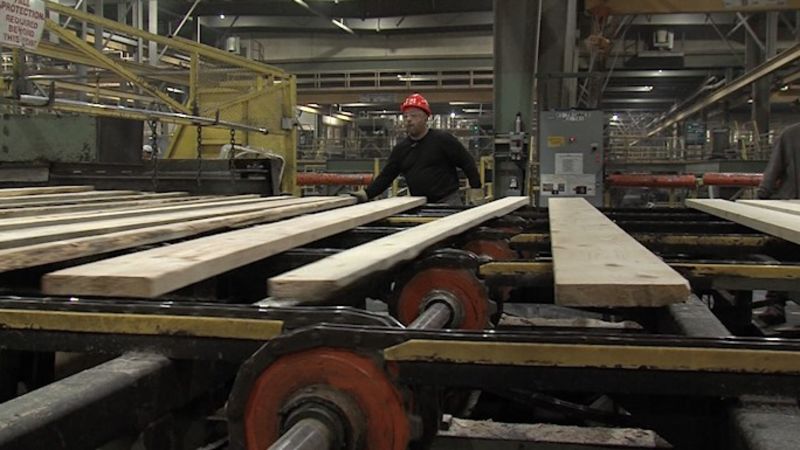
Tariffs are coming
PRINCE GEORGE – It was the moment a lot of Canadians were waiting for. The inauguration of President Donald Trump, amid threats of 25 per cent tariffs on all goods coming from Canada and Mexico. It didn’t happen when Trump pushed his deadline to impose tariffs to February 1.
“It is a significant threat,” says Gary Wilson with Political Science at UNBC. “And I don’t want to downplay that. I do know that, you know, he has sort of postponed the tariff drop until February 1. Apparently that’s the new date. But there’s also a report that he’s that his commission through executive order, which is to look into the tariffs, and that’s due in April.”
The reaction to the initial news of tariffs was swift at many levels of government. During the Natural Resources Forum, the Premier’s office noted that B.C. could see a cumulative loss of 69 billion dollars in economic activity between 2025 and 2028.
“As you look at the numbers, you see that 80 per cent of the US households that file an income tax return have done very moderately okay from the economic expansion,” says Charles Scott with UNBC’s School of Business. “Twenty per cent have done fantastically, eighty per cent of the tax filers – which is eighty per cent of the voters – are not enjoying their lot in the economy.”
